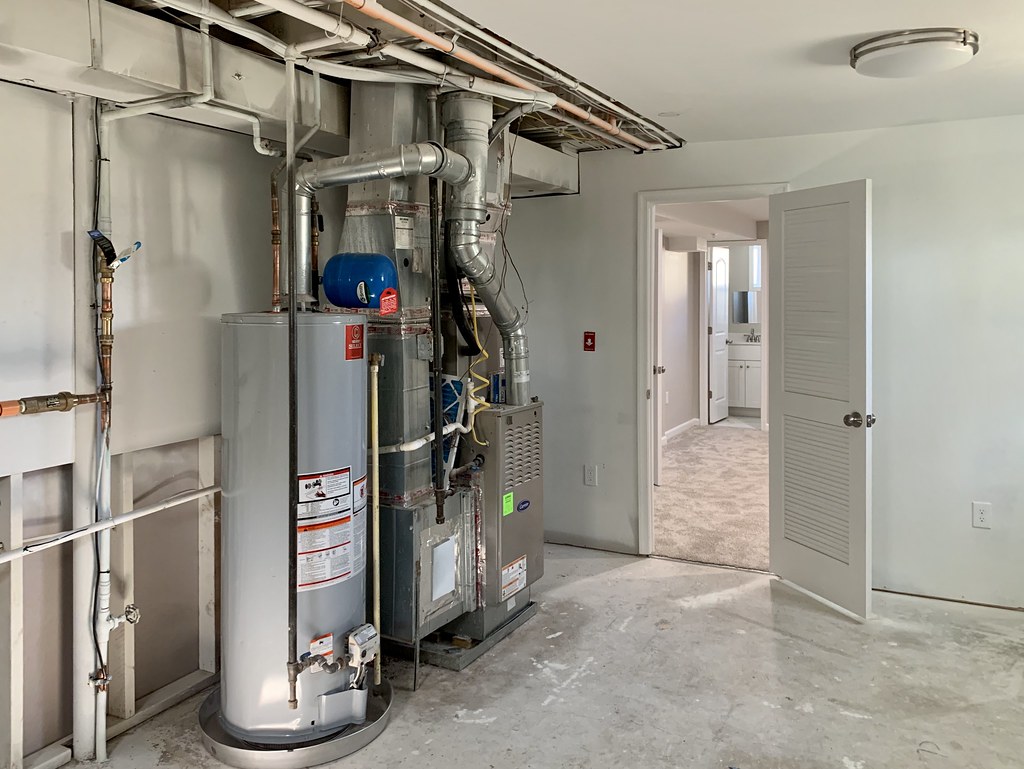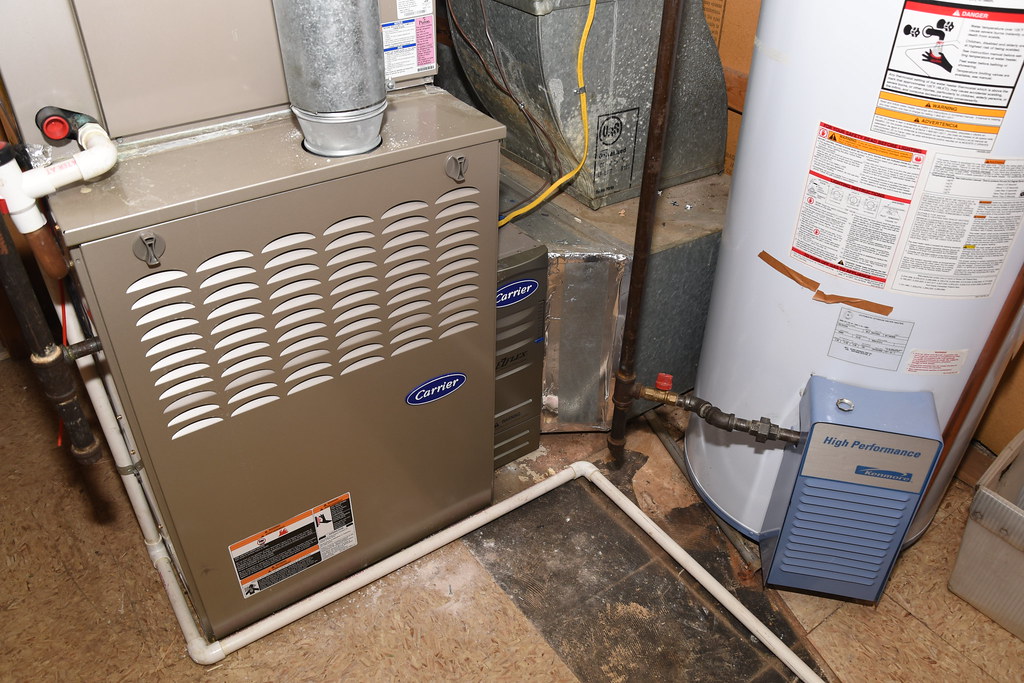Deciding When to Replace Your Furnace
Hello there, fellow homeowners! Your furnace is a vital component of your home’s heating system, ensuring your comfort during those chilly months. However, like any other appliance, furnaces have a lifespan, and it’s crucial to know when it’s time to consider a replacement. In this guide, we’ll discuss the signs and factors to consider when determining if you should replace your furnace.
The Lifespan of a Furnace
Average Lifespan
A well-maintained furnace can last anywhere from 15 to 20 years. However, its lifespan can be influenced by several factors.
Maintenance Matters
Regular maintenance and care can extend your furnace’s life, while neglect can shorten it.
Signs It’s Time for a New Furnace
Consistent Repairs
If you find yourself repeatedly calling for furnace repairs, it may be more cost-effective to invest in a new unit.
Inefficient Performance
An older furnace may not heat your home as efficiently as a newer, energy-efficient model.
Rising Energy Bills
As furnaces age, they tend to become less energy-efficient, leading to higher heating costs.
Uneven Heating
If you notice inconsistent heating in your home, it could be a sign of a struggling furnace.
Factors to Consider
Age of Your Furnace
The age of your furnace is a critical factor in deciding whether to replace it. If it’s over 15 years old and experiencing issues, it may be time for a replacement.
Repair Costs
Compare the cost of repairs with the potential cost of a new furnace. If repair bills are piling up, a new unit could be a better investment.
Energy Efficiency
Newer furnaces are more energy-efficient, which can lead to significant energy savings over time.
Home Heating Needs
Consider the heating needs of your home. If you’ve added space or upgraded insulation, your old furnace may not be sufficient.
Environmental Impact
Newer furnaces are often more environmentally friendly and produce fewer emissions.
Signs of a Healthy Furnace
Regular Heating
A furnace that consistently heats your home without any issues is a good sign.
Low Energy Bills
Efficient furnaces lead to lower energy bills, which is a clear indicator of a well-performing unit.
Minimal Repairs
If you haven’t needed any significant repairs in recent years, your furnace is likely in good shape.
Professional Assessment
Consult an Expert
When in doubt, consult an HVAC professional. They can assess the condition of your furnace and provide recommendations.
Scheduled Maintenance
Regular maintenance by a professional can help extend the life of your furnace and keep it in top shape.
Preparing for the Replacement

Budgeting
Research the cost of new furnaces and create a budget for the replacement.
Efficiency Considerations
Look for energy-efficient models that will save you money in the long run.
Installation
Choose a reputable HVAC company for the installation to ensure it’s done correctly.
Making the Decision
Weighing the Pros and Cons
Consider all the factors discussed, including the age of your furnace, repair costs, and heating needs.
Environmental Impact
Think about the environmental impact of your furnace, as newer models are often more eco-friendly.
Consult with Experts
If you’re unsure, consult with HVAC professionals to help you make an informed decision.
The Replacement Process
Removal
Your old furnace will be removed, making way for the new unit.
Installation
The new furnace is professionally installed, ensuring it works efficiently.
Maintenance
Regular maintenance of your new furnace will keep it in top shape for years to come.
Wrapping It Up
Your furnace plays a crucial role in keeping your home comfortable during the colder months. Knowing when to replace it is essential to ensure your heating system is reliable, efficient, and cost-effective.
If your furnace is old, requiring frequent repairs, or no longer meeting your heating needs, it may be time to explore the options for a replacement. Take into account the factors discussed, consult with experts, and prepare for a smoother, more efficient heating experience with your new furnace.

